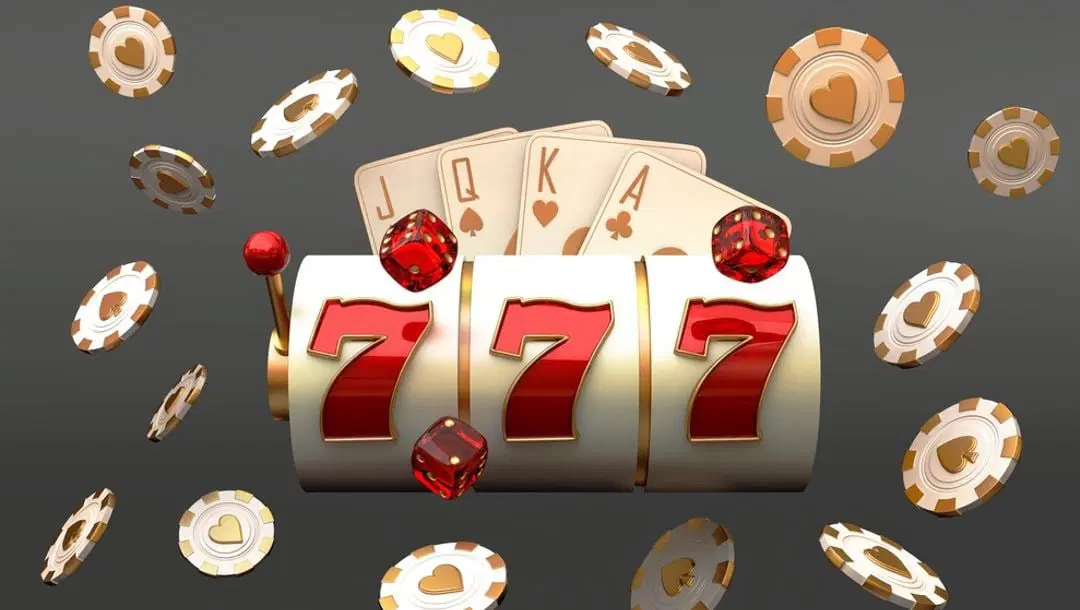Winning the lottery can be life-altering, yet also dangerous. Many winners have given into temptation after receiving their jackpot and have come to regret their decisions later on.
Here are 14 lottery winners’ worst misdeeds with their money, from throwing demolition derby parties and spending excessively at strip clubs, all the way to making serious mistakes with it.
Lou Eisenberg
Lou Eisenberg is an established member of New Jersey lottery circles. A proud veteran and avid Scout Leader, as well as being an attentive family man.
Eisenberg and his wife had previously been living paycheck-to-paycheck, yet thanks to winning the jackpot they can now afford the things they never could before.
He doesn’t regret his spending some of his winnings on extravagant parties and excesses; indeed, it may even happen again someday – though how much he could actually spend is unclear at this time.
Pearlie Mae Smith
Pearlie Mae Smith and her family won an enormous $429 million jackpot from the New Jersey Powerball lottery in 2016. After taxes, each member of their family received roughly $25 million of the prize as a lump sum payment.
Once they won the lottery, the Smith family pledged that part of their winnings would go toward doing good in Trenton community. True to their word, they established the Smith Family Foundation; an award-making body designed to improve quality of life there.
David Lee Edwards
In 2001, Kentucky resident David Lee Edwards won the Powerball jackpot after borrowing money from a friend and purchasing $7 worth of lottery tickets at a convenience store.
Edwards quickly spent through his prize, purchasing himself and Shawna Maddux a mansion in Ashland and a 6,000-square-foot house in Palm Beach Gardens, Florida; purchasing several cars; as well as spending heavily on drugs.
Ten years after winning the lottery, Edwards died penniless and alone in hospice care, likely from hepatitis. He was only 58.
Mickey Carroll
Mickey Carroll’s story provides an illustration of what can go wrong when winning a jackpot prize. While his initial intention was to help family members with expenses related to housing and transportation costs, his spending went well beyond such basic necessities as new houses or cars.
His addiction to cocaine, drugs and prostitutes cost him his fortune; currently living and working at a quarry in Scotland.
She credits law of attraction and prayer as keys to her success, but also credits her foundation with supporting youth, education, and neighborhood development in Trenton, NJ.
Sharon Tirabassi
Sharon Tirabassi from Hamilton, Canada won a $10 million lottery jackpot in 2004. With her winnings, she went on an extravagant spending spree that included lavish homes, expensive cars, designer clothing, exotic trips and extravagant parties. Furthermore, she gave out handouts and loans – many of which went unrepaid – to friends and family, many of which went unrepaid.
After several years, all her money had vanished. Now living in a rented house and working part time to support her children. According to 234Daily.com, she even rides the bus daily to work.
Keith Gough
Gough has written many publications, such as Pax Britannica: Ruling the Waves and Maintaining Peace before Armageddon (University of British Columbia Press). For his efforts he has received many awards.
His early interest in electronics blossomed into a three-decade long career. As founder of Sunsynk, which produces solar energy products.
Unfortunately, many winners have seen their fortune quickly slip away. Janite Lee, a wigmaker by trade, spent all $18 Million of her winnings on charity and political donations.
Jane Park
Jane Park quickly established herself as an accomplished entrepreneur after winning a Lottery jackpot at just 17 years old. Since then, she has developed Seattle-based Julep from a nail parlor into an internationally sold beauty brand at Sephora, Nordstrom, and Ulta stores before selling it off.
Since becoming a multimillionaire at such an early age, Edinburgh woman had mixed results when it comes to love. At times she worried men were only after her money and needed the support of her friends in order to cope.
Now, Jane has set her sights on starting Tokki, a reusable gift wrap company. To keep costs under control when traveling with Grace who is nonverbal, she prefers budget airlines and avoids pricy alcohol when out with friends and family.





